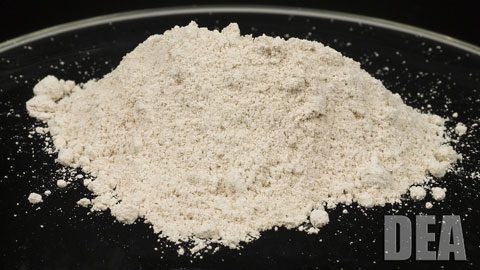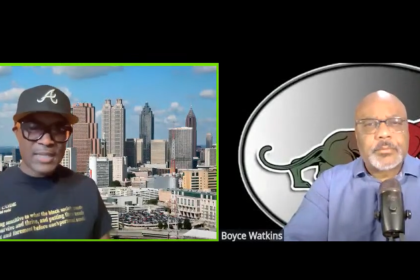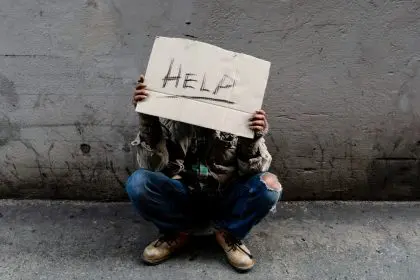
The Georgia Bureau of Investigations has issued a public safety warning over deaths linked to a killer drug on the streets of metro Atlanta. The drug is a synthetic opioid called furanyl fentanyl and it’s so powerful it could kill by a single touch or inhaled residue.
A batch of furanyl fentanyl was discovered in a raid on an illegal pill factory by the GBI and Gwinnett County Sheriff’s office in January 2017. Police seized at least 10 kilos of powder and pills that were labeled as oxycodone but the substance was later identified as furanyl fentanyl. There has been a string of deaths according to a GBI press release which states, “In the last four months, 17 deaths have been caused by the drugs U-47700 and/or furanyl fentanyl, equal to the number for all of 2016. U-47700 and furanyl fentanyl are both Schedule I drugs and used in the same manner as heroin.”
The press release goes on to state furanyl fentanyl “Can be inhaled or absorbed through the skin and are extremely toxic in the smallest quantities. U-47700 or furanyl fentanyl may cause symptoms such as shallow breathing, pinpoint pupils, nausea or vomiting, dizziness, lethargy, cold or clammy skin, loss of consciousness, and/or heart failure.”
If a person exposed to the furanyl fentanyl overdoses, it is recommended that the drug Naloxone should be administered. Furanyl fentanyl is so potent that multiple doses of Naloxone may have to be administered to stabilize an overdose victim.
Atlanta and its suburbs have been plagued with a heroin epidemic and young, White addicts are the face of addiction. It is not uncommon to see young, White addicts panhandling around the streets of Atlanta or in predominantly Black neighborhoods seeking the heroin. Across America, the number of deaths linked to the opioid crisis has increased. The CDC stated: “Overdose deaths involving prescription opioids have quadrupled since 1999, and so have sales of these prescription drugs. From 1999 to 2014, more than 165,000 people have died in the U.S. from overdoses related to prescription opioids. Opioid prescribing continues to fuel the epidemic. Today, at least half of all U.S. opioid overdose deaths involve a prescription opioid. In 2014, more than 14,000 people died from overdoses involving prescription opioids.”
Opioid addiction took the life of music icon Prince. His death was linked to an accidental fentanyl overdose at his Paisley Park mansion.
















